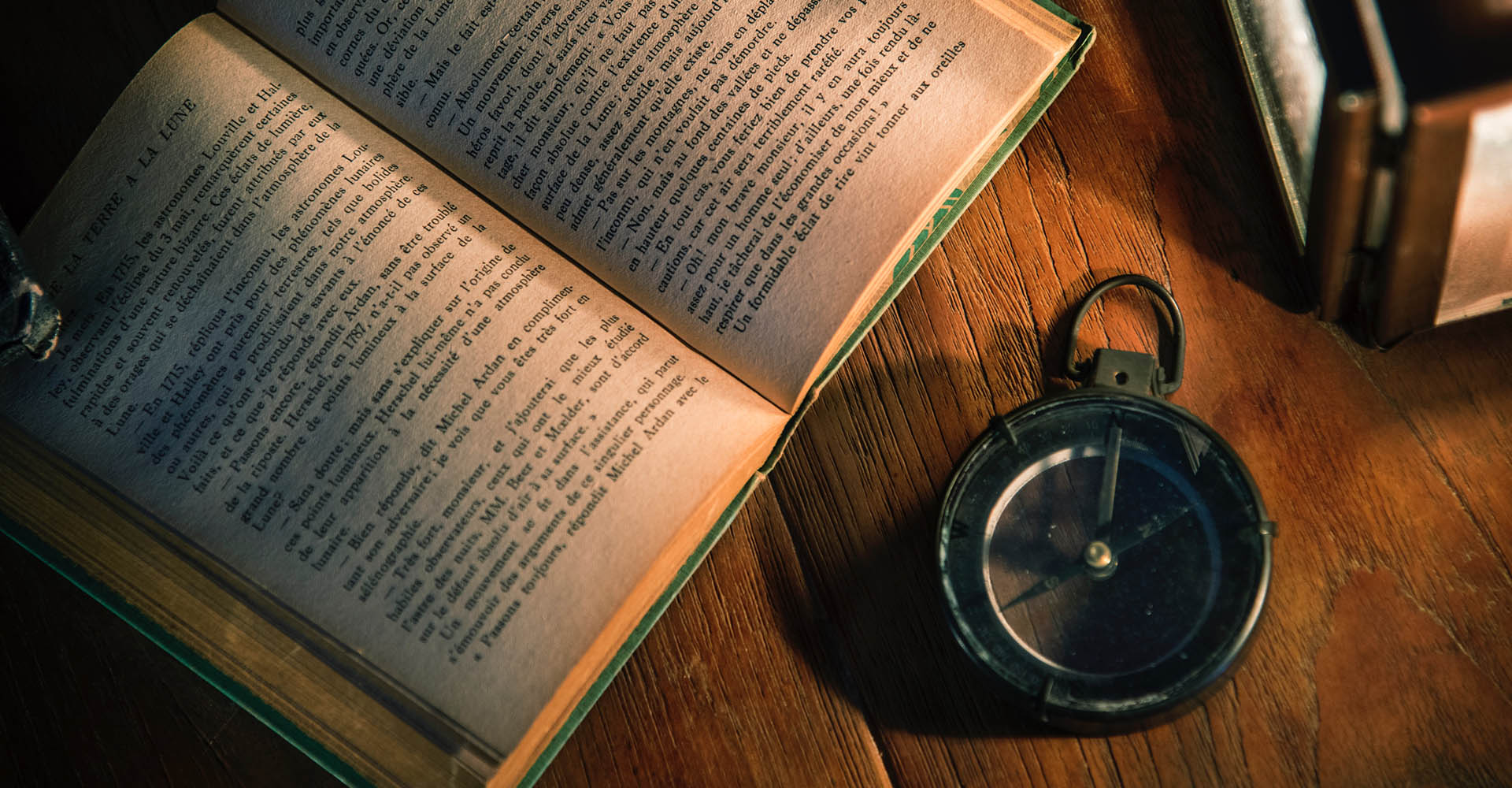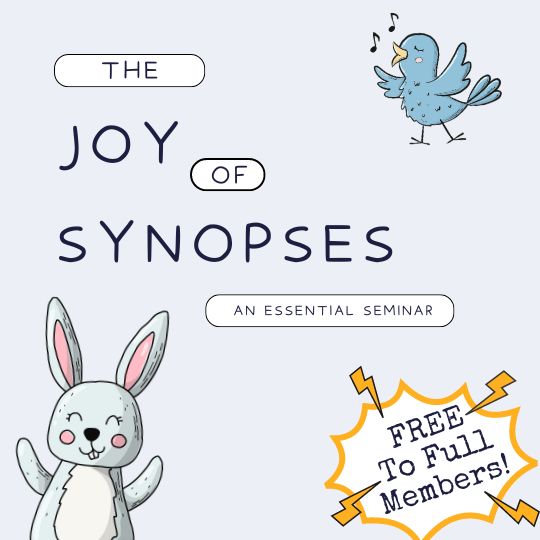How do you go about determining the genre for a story whose genre you didn't choose to begin with? I found this article, but it's a bit overwhelming. In my case, if I say my story is sci-fi, many sci-fi readers will be bummed, because I only hint at the science behind certain aspects (and it isn't science, per se. The innate human ability to electroform, for instance, is not a thing. Sorry, Kilatra). I know @BarbaraUS was talking about this a bit with her dystopian? thriller. Thought maybe we could all glean some wisdom from a Litopian thread 

 www.servicescape.com
www.servicescape.com

Book Genre Encyclopedia: 144 Genres and Subgenres Explained
From fantasy to western—and everything in between—we cover the major genres and subgenres available to readers today. We also included a few links to books within that subgenre if you find one that catches your interest in particular. Happy reading! Fantasy Horror Mystery Romance Science Fiction...




